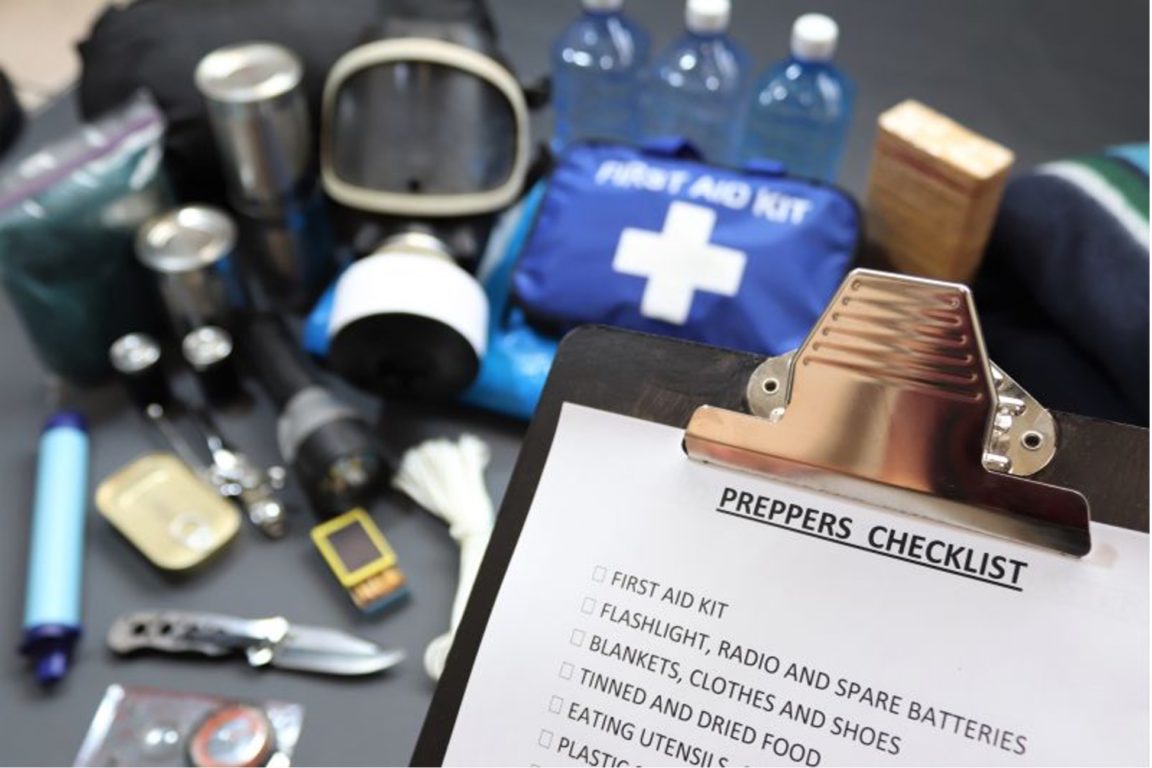With the onset of COVID-19 global pandemic the ‘prepper mindset’ – contemplating the worst and taking the necessary steps to prepare for any negative eventuality – went from a fringe idea to a mainstream concept.
Each time a snap lockdown was announced people rushed to supermarkets to stock up on essentials. The result was often product shortages and chaos, not to mention fights in the toilet paper aisle!
Seeing this, many people took to quietly engaging in some level of prepping to ensure they are prepared for when the next disruption hit. Rather than rushing out to ‘panic buy’ when trouble hit, the ‘quiet prepper’ established a basic level of preparedness before the emergency arrived.For businesses large or small, it also pays to plan for when things go wrong. While not every eventuality can be anticipated, business can look at where they are vulnerable to potential reputational damage and take steps in advance.
When an issue becomes a crisis for a business, the initial responses are often reactive. The biggest mistake organisations often make is to wait until an issue breaks to start working on media responses and protocols for reaching out to its key stakeholders.
The more prudent choice is to be prepared and have tools and protocols in place well in advance.
Assess your risk
The first step in being prepared is to identify issues that have the capacity to impact negatively on a business to any significant degree and developing plans and associated protocols and collateral.
Map all of the likely incidents via a Risk Register, which should include an assessment of the likelihood and impact of the issue or incident occurring.
Anticipate worst case scenarios and agree on company policies and top line key messages should these issues become a crisis.
Have a plan
Identify key spokespeople and ensure that they are well rehearsed in delivering key messages. Often overlooked is identifying the lead agency and/or spokespersons for media should an incident occur.
For example, in the event of a critical incident involving serious injury or death, emergency services will likely lead any media response. Also identify any regulatory reporting requirements and protocols for escalation.
Direct to stakeholder communications are critical and underplayed, so it is important to not overlook direct communication.
Conduct a comprehensive stakeholders review, both internal and external, and identify who is responsible for managing those stakeholders during an incident.
These include staff, families of staff, contractors, sub-contractors, emergency services, surrounding community and businesses, other clients and customers, and of course, the media.
It is vital that communication responses and protocols are developed with understanding of the on-ground operational responses and realities. Audit all internal resources should the plan be activated – who has received training? Do they understand their roles?
Build a toolkit
For each issue identified, it can be wise to develop pre-approved templates, that can be quickly amended. In rapidly changing scenarios, things often don’t work out as planned or evolve suddenly.
While message templates can be prepared with some specifics, the ability to quickly modify content can save valuable time when trying to keep stakeholders informed in a timely manner.
Not all issues will become a crisis, and not all crises result from underlying issues facing a business.
Understanding your risk, preparing a plan so everyone in your business knows exactly what to do, and having tools and protocols in place well in advance of trouble can make all the difference.
Ask for help
Elevate Communication is well placed to manage any issues or crises which arise.
Our senior team has more than 35 years’ experience providing advice on managing external threats and internal crises, working with media trainers, as well as social media and media monitoring services.
We specialise in asking the tough questions and managing issues before they become a crisis. Get in touch with us today at info@elevatecom.com.au to ensure your business reputation is protected.
This blog was written by Jose Abad, Senior Communication Manager at Elevate Communication.







